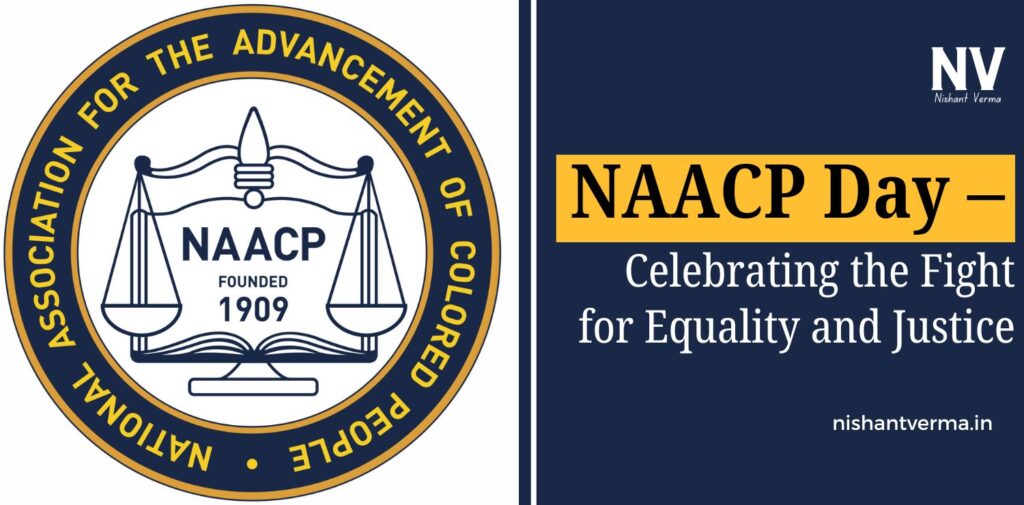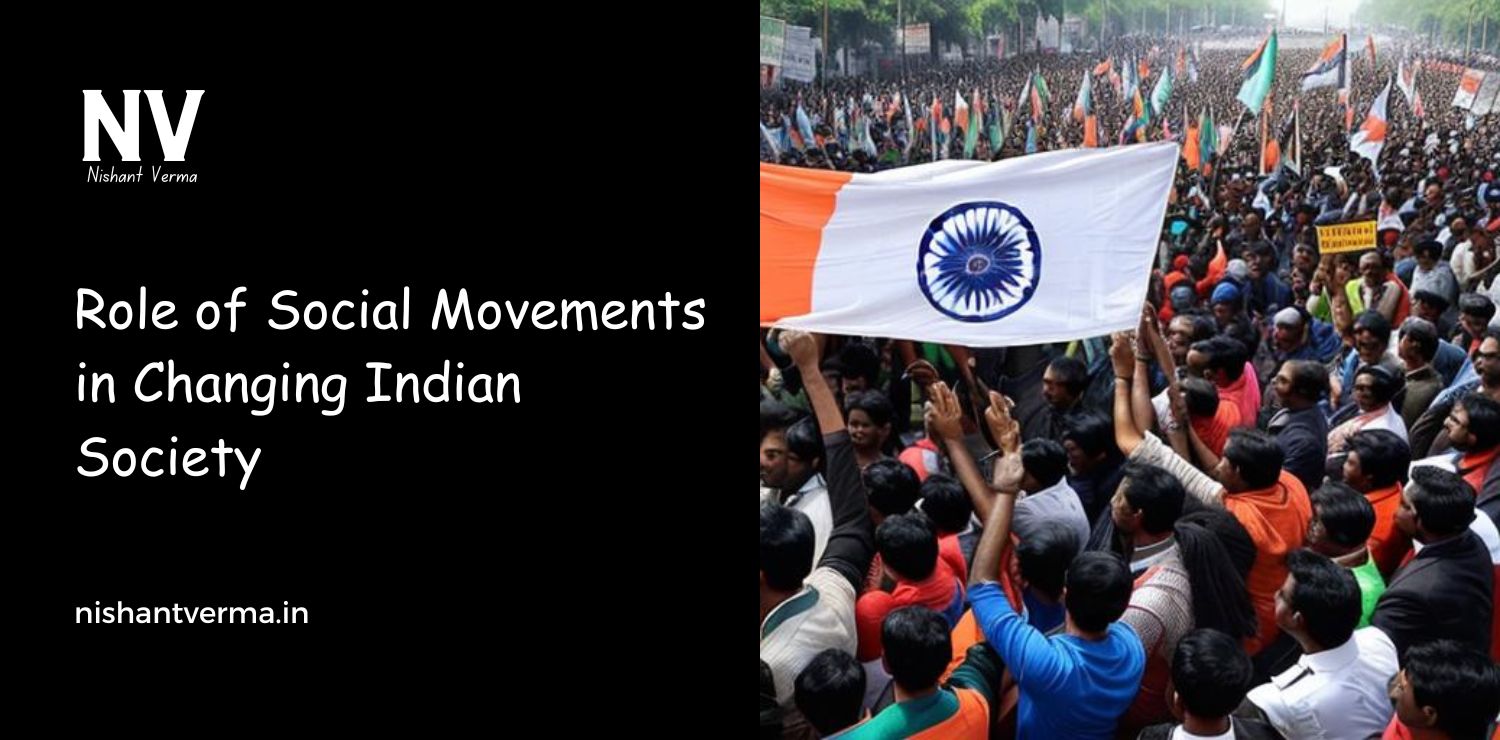Every year, February 12th marks a significant day for the National Association for the Advancement of Colored People (NAACP). This day is celebrated by individuals and organizations around the world as a way to honor the NAACP’s tireless efforts in the fight for civil rights, equality, and justice for people of color. The NAACP Day is not just for African Americans in the United States, but it holds a deep resonance for people across the world, including India, as it highlights the universal values of fairness, human dignity, and justice.
Though the NAACP is an American institution, its values and mission align with the broader global fight for equality and social justice. NAACP Day is an opportunity to recognize the contributions of this organization in advancing the cause of racial equality and to reflect on how we, as individuals and as communities, can contribute to the fight against discrimination, injustice, and inequality in our own societies.
This article explores the significance of NAACP Day, its relevance to Indian audiences, and why the ideals it stands for are so important to us in India.
What is the NAACP?
Founded in 1909, the NAACP is one of the oldest and most influential civil rights organizations in the United States. Its main goal is to fight for the civil rights of African Americans and ensure that they have equal access to opportunities and justice. The organization played a crucial role in the fight against segregation, voter suppression, and discrimination in various forms.
Throughout its history, the NAACP has been involved in some of the most pivotal moments in the civil rights movement, such as challenging discriminatory laws, supporting landmark Supreme Court decisions, and organizing protests to raise awareness of racial inequalities. The organization’s work has helped pave the way for significant improvements in the rights of African Americans, and its legacy continues to inspire movements for social justice around the world.
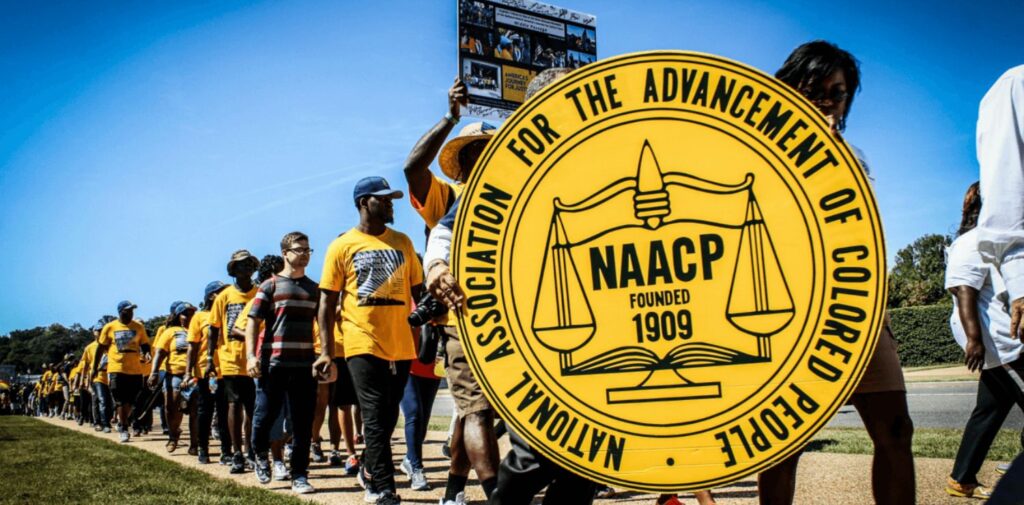
Why NAACP Day is Important?
NAACP Day is a day of reflection, learning, and activism. It serves as a reminder of how far we have come in the fight for equality and how much further we still need to go. This day honors the lives and legacies of the countless individuals and leaders who have worked tirelessly to dismantle systems of oppression.
While NAACP Day is most celebrated in the United States, it carries deep significance for people in India and other parts of the world. The values of equality, justice, and human rights are universal, and the struggles of marginalized communities are felt across the globe. For Indians, NAACP Day can be seen as an opportunity to reflect on our own social justice challenges, such as caste discrimination, gender inequality, and religious intolerance.
The Relevance of NAACP Day for Indian Audiences
India, with its rich history of social and political movements, can draw many lessons from the ideals and work of the NAACP. Despite being geographically distant from the United States, India shares many of the challenges faced by African Americans in the past, such as caste-based discrimination, religious intolerance, and barriers to access and opportunity. These issues are often deeply rooted in our society, just as racial discrimination was entrenched in the United States for centuries.
1. The Fight Against Discrimination
In India, the caste system has long been a source of oppression and discrimination. Dalits, or people from the so-called “untouchable” caste, have faced systemic discrimination for centuries, denying them basic human rights, dignity, and opportunities. Though significant progress has been made, caste-based discrimination still exists in many parts of the country. On NAACP Day, Indian audiences can draw inspiration from the NAACP’s work in fighting systemic racism and apply it to the fight against caste-based discrimination in India.
The NAACP’s model of organizing, advocating for legal reforms, and empowering marginalized communities offers valuable lessons. By raising awareness, organizing campaigns, and demanding equal rights, we too can work toward eradicating caste-based discrimination and creating a more inclusive society.
2. Promoting Equality for All
India is a land of immense diversity, with people belonging to various religions, ethnic groups, and languages. Despite this, inequality and prejudice still exist between different communities. Religious intolerance and discrimination against minority groups, including Muslims, Sikhs, and Christians, remain challenges in many parts of India.
The NAACP has always advocated for equality under the law and has been a strong voice for marginalized communities. NAACP Day serves as a reminder for Indians to unite in the fight for equality for all, regardless of their religion, caste, or background. By embracing the principles of fairness and justice, we can work towards an India where every person enjoys the same rights and opportunities, irrespective of their identity.
3. Gender Equality
Gender inequality is another issue that resonates with the ideals of the NAACP. Women in India, particularly in rural areas, continue to face discrimination and barriers to education, employment, and social participation. Female children, women, and gender minorities often experience violence, oppression, and unequal treatment in both public and private spaces.
NAACP Day provides an opportunity for Indian audiences to reflect on the struggles of women and gender minorities in our society and to push for greater gender equality. Much like the NAACP’s advocacy for women’s rights in the United States, it is important for us to actively support campaigns that empower women and ensure their equal participation in all aspects of life.
4. Empowering the Youth
The youth play a crucial role in any social movement, and this is where NAACP Day becomes particularly relevant for India. The younger generation in India is increasingly becoming more vocal about social issues, using social media and activism to bring about change. From the farmers’ protests to the fight for better education and healthcare, the youth of India are making their voices heard.
On NAACP Day, young people in India can reflect on the importance of civic engagement, activism, and standing up for justice. By learning from the civil rights movements led by the NAACP, the youth can harness their energy to create meaningful change in their communities, whether through peaceful protests, organizing awareness campaigns, or simply raising their voices in support of justice and equality.
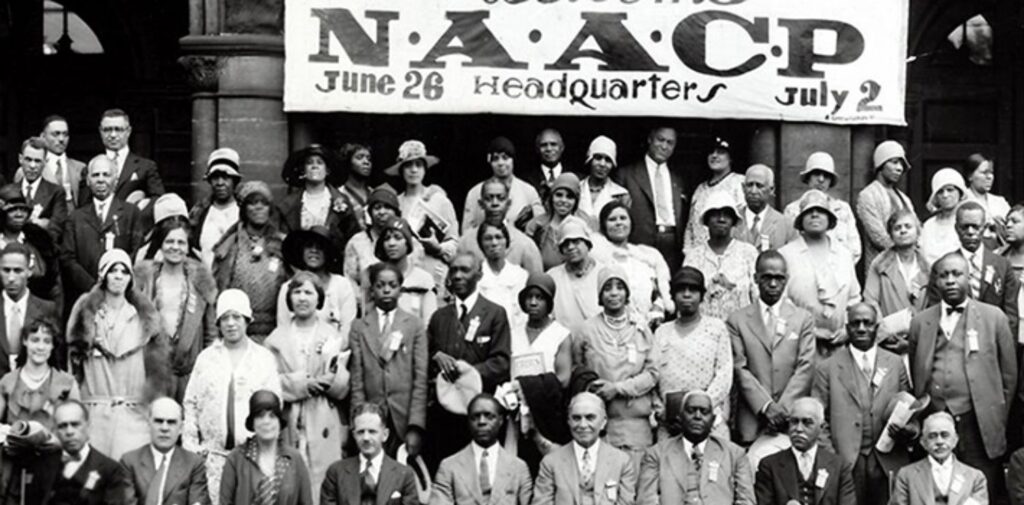
How NAACP Day Can Inspire Action in India
Although NAACP Day is primarily focused on honoring the work of the NAACP in the United States, it is also a day that invites reflection and action in other parts of the world. Here are some ways Indian audiences can celebrate NAACP Day and take meaningful steps toward social justice:
1. Support Equal Rights Campaigns
On NAACP Day, Indians can support organizations working toward the advancement of human rights, whether it’s advocating for gender equality, fighting caste-based discrimination, or supporting the rights of religious minorities. There are numerous organizations in India working to ensure that marginalized communities are heard and empowered.
2. Raise Awareness About Discrimination
One of the key functions of the NAACP has been to raise awareness about discrimination and fight against unfair practices. In India, we can emulate this approach by educating ourselves and others about the various forms of discrimination that exist in our society. Whether it’s through social media, community discussions, or educational programs, spreading awareness is a powerful way to address these issues.
3. Volunteer and Get Involved
Volunteering for social justice organizations or community initiatives can make a real difference. Whether it’s teaching underprivileged children, helping marginalized women access healthcare, or participating in legal aid for the oppressed, giving your time and resources to a cause you believe in can have a long-lasting impact.
4. Engage in Non-Violent Protests
In the spirit of the NAACP’s nonviolent activism, Indians can engage in peaceful protests to demand equal rights and justice. Historically, India has seen massive movements for social justice, from the Indian independence movement to the Dalit rights movement. NAACP Day serves as a reminder that nonviolent protest can be a powerful tool in challenging injustices and advocating for change.
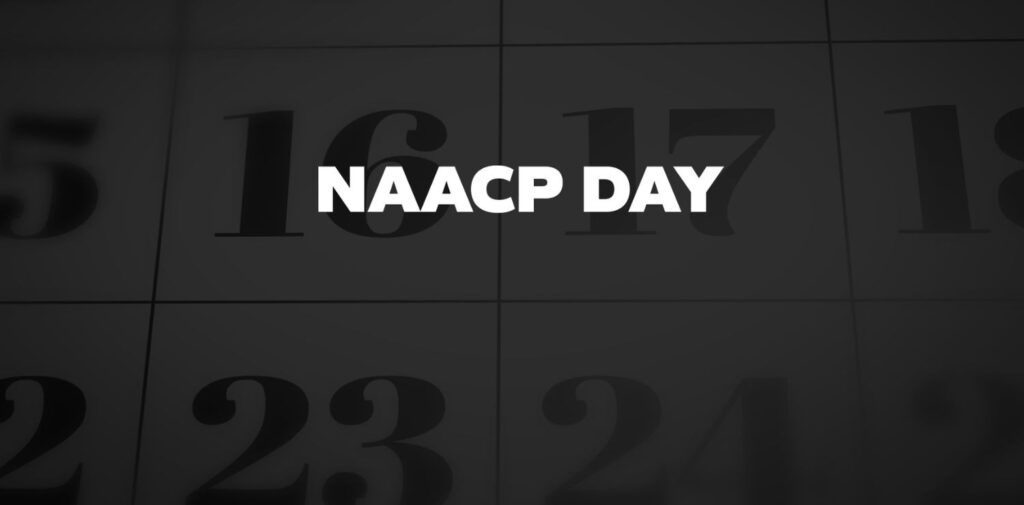
Conclusion
NAACP Day, celebrated on February 12, is not just about honoring the work of a single organization—it is about recognizing the collective fight for justice and equality. For Indian audiences, this day is an opportunity to reflect on the universal struggles for equality, whether it’s combating caste-based discrimination, promoting gender equality, or fighting for religious tolerance.
By embracing the ideals of the NAACP, we can take active steps to create a more just and inclusive society. The fight for equality, fairness, and justice is ongoing, but with collective action, we can continue to make progress toward a world where every person, regardless of their background, is treated with dignity and respect.
On this NAACP Day, let us commit to taking a stand for justice and ensuring that the values of equality and human rights are upheld in our lives and communities.

